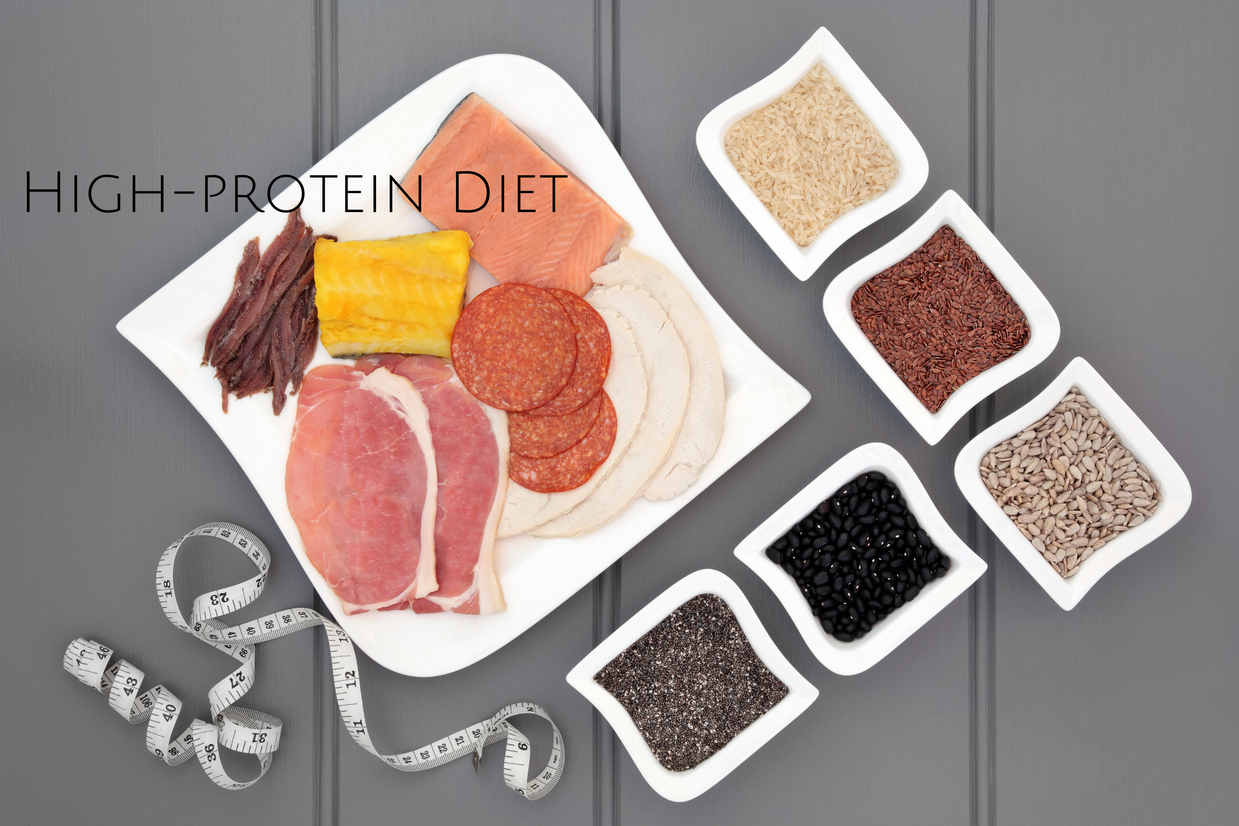High-protein Diet: What Is It and How It Works?
Protein is one of the most essential nutrients for health. High-protein diet means cutting off carbohydrates and encouraging eating more protein in your diet. Cutting off carbohydrates or fats from your diet helps boost energy, weight loss, and your athletic performance. Protein is responsible for the functioning of enzymes, hormones, maintenance and cell repair in your body. 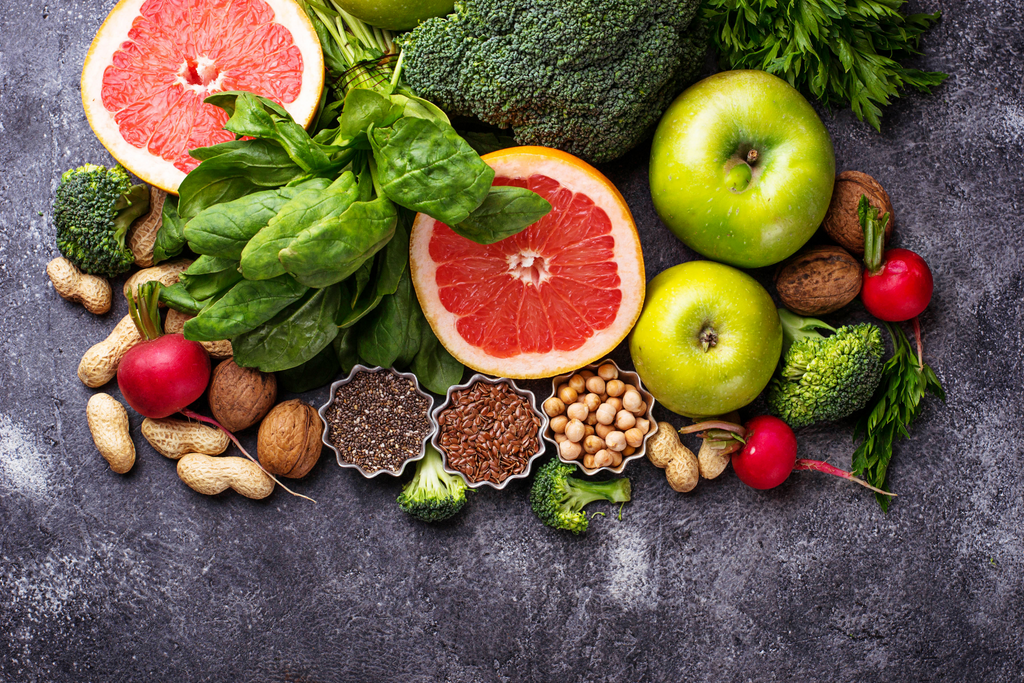
According to research, high-protein diets can help people with obesity and overweight to lose fat. A diet rich in proteins helps in boosting metabolic rate, decreases hunger, preserves muscle mass, and increases satiety. However, you must know that this diet might not suit everyone. What works for one may or may not work for another.
A high-protein diet mainly includes vegetables, dairy, seeds, nuts, fruits, and healthy oils that fit within the guidelines for good health.
A healthy and balanced high-protein diet includes 30% calories from proteins, 30% calories from fat, and about 40% calories from carbs.
The USDA recommends consuming about 15,000 calories per day to lose weight but the number of calories changes based on the weight, sex, age, and activity level. Many people prefer using apps to track their macronutrient intake and ensure that they are getting the right amount of ratios of proteins to fats and carbohydrates.
Some Protein Guidelines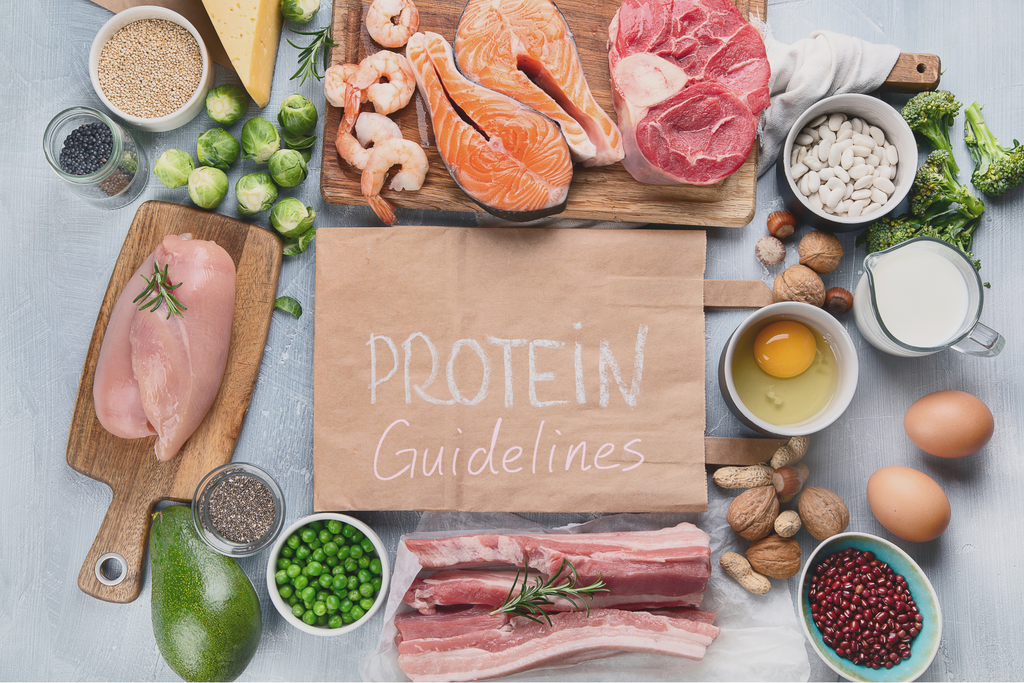
- It is advised to eat between 10 to 35 percent of your total calories for proteins.
- The adults that are physically active may require 1.2 to 1.7 g/kg of body weight every day.
- The official RDA or recommended daily allowance is 0.8 grams per kilograms for healthy and active adults which equals 82 to 162 grams for a person with 150 (68 kilograms) pounds as bodyweight.
- It is recommended to practice the high-protein diet at the same time as intermittent fasting.
How The High-Protein Diet Works
Any balanced diet, like a high-protein diet for weight loss, must include proteins carbohydrates and fat. Another thing to keep in mind is that the amount of protein you intake depends on a few factors like body size, activity level, gender, and age.
What to Eat More On a High-Protein Diet
When you are on a diet, you must be careful and watch what you are eating. There are no foods that are strictly forbidden on a high-protein diet. It is advised that you eat food with more lean proteins. Here are some ingredients that you should include more in the diet to see results faster.
- Eat lean proteins like lean meat, soy, beans, low-fat dairy products, seeds, eggs, and nuts.

- Eat fruits with low glycemic fats such as raspberries, strawberries, and blueberries.
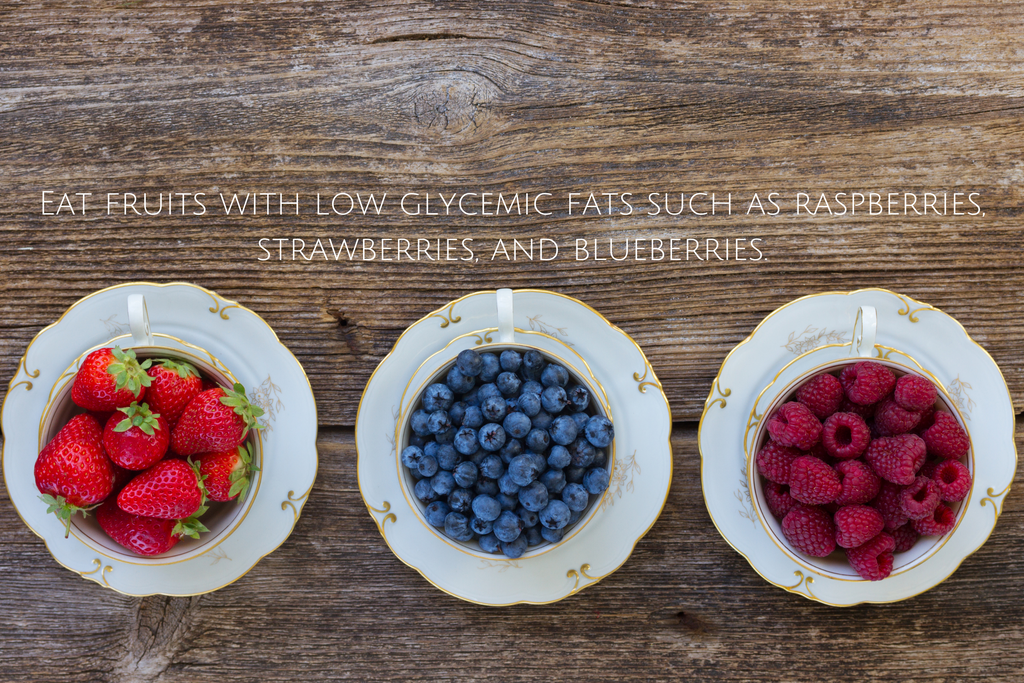
- Eat more whole grains.
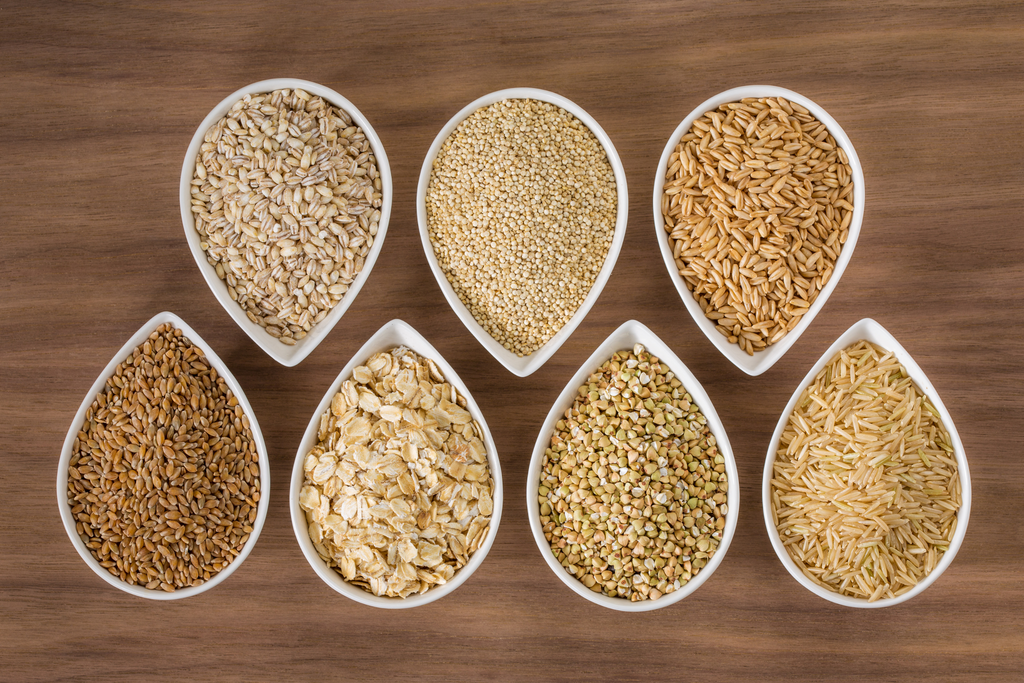
- Eat more vegetables, including the green and leafy vegetables, cruciferous vegetables, mushrooms, and peppers.
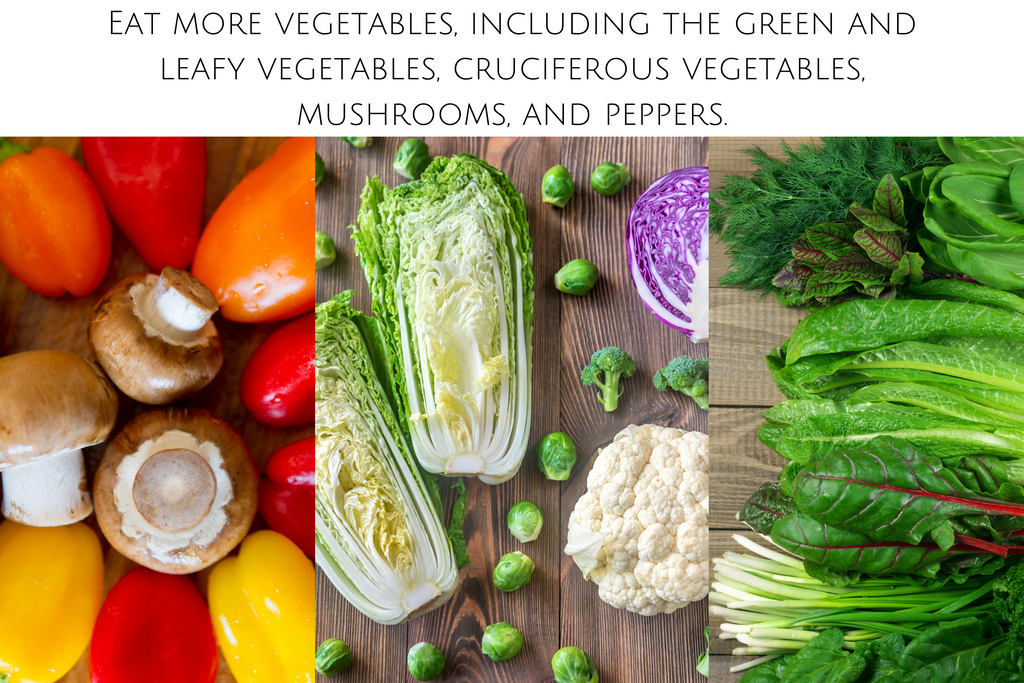
What to Eat Less On a High-Protein Diet
- Avoid eating fried food and saturated food.
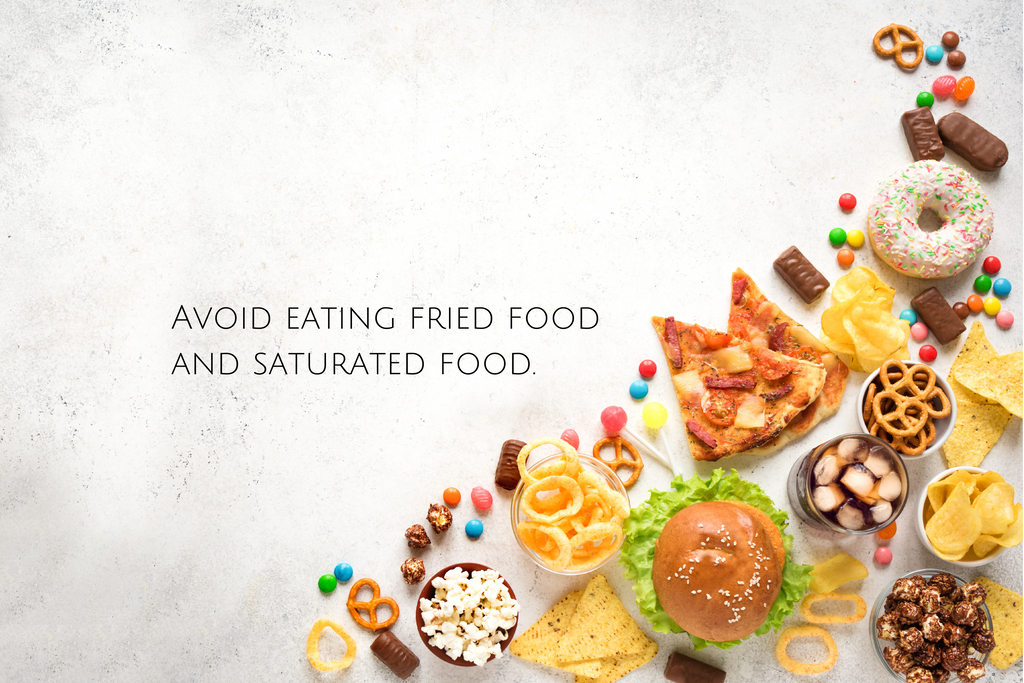
- Eat less food that contains refined carbohydrates such as white rice, pasta, and bread.
- Avoid eating sugar in any form, especially in sweetened condiments and candy.
Resources and Tips To Get Started
A high-protein diet doesn't need to be challenging to follow. It does not have a suggested or specific meal timing. Although, many people on a high-protein diet also practice intermittent fasting, which requires cutting down calories for specific days or hours of the week and fasting on the rest hours or days. Given below are a few tips to get started with the diet:
-
Skip Processed Carbs: avoid eating refined grains such as pasta, white rice, and bread. Replace the refrained grains with carrots, spiralized zucchini, and for white rice, eat substituted riced cauliflower.
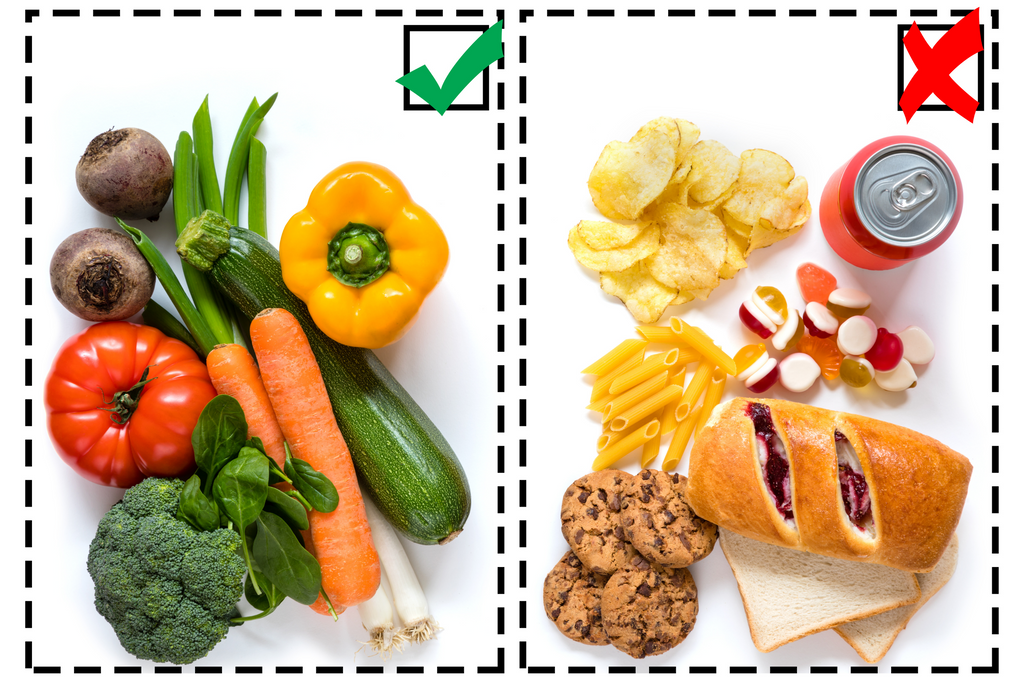
-
Try including protein in every meal: include protein-rich foods in your diets like lean beef, pork or chicken and some vegetables.
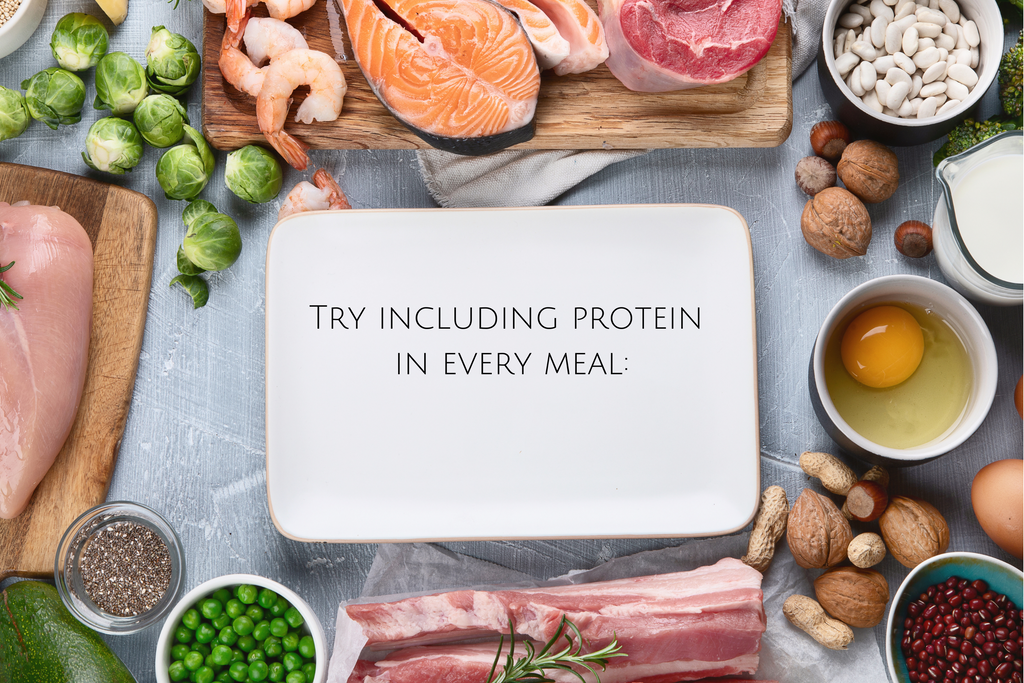
-
Snack on proteins: instead of eating junk food, always keep high-protein snacks ready when hunger strikes and between the meals.
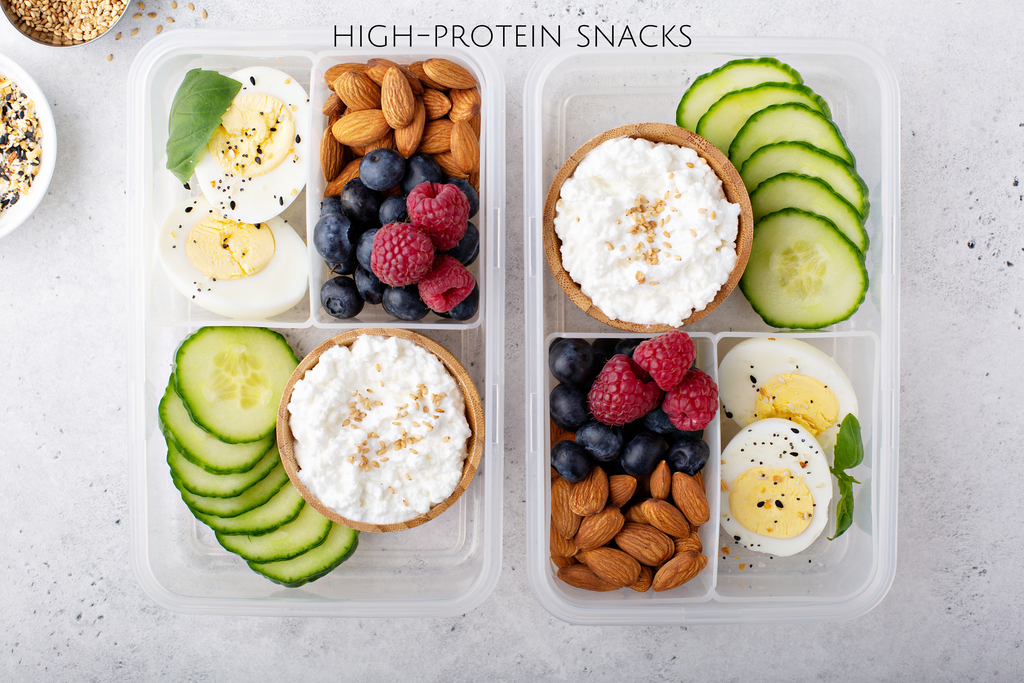
-
Start the day with protein: the best protein-rich breakfast is eggs. In case you are out of eggs, you can make yourself a smoothie made with protein powder such as pea protein, leafy vegetables, or collagen.
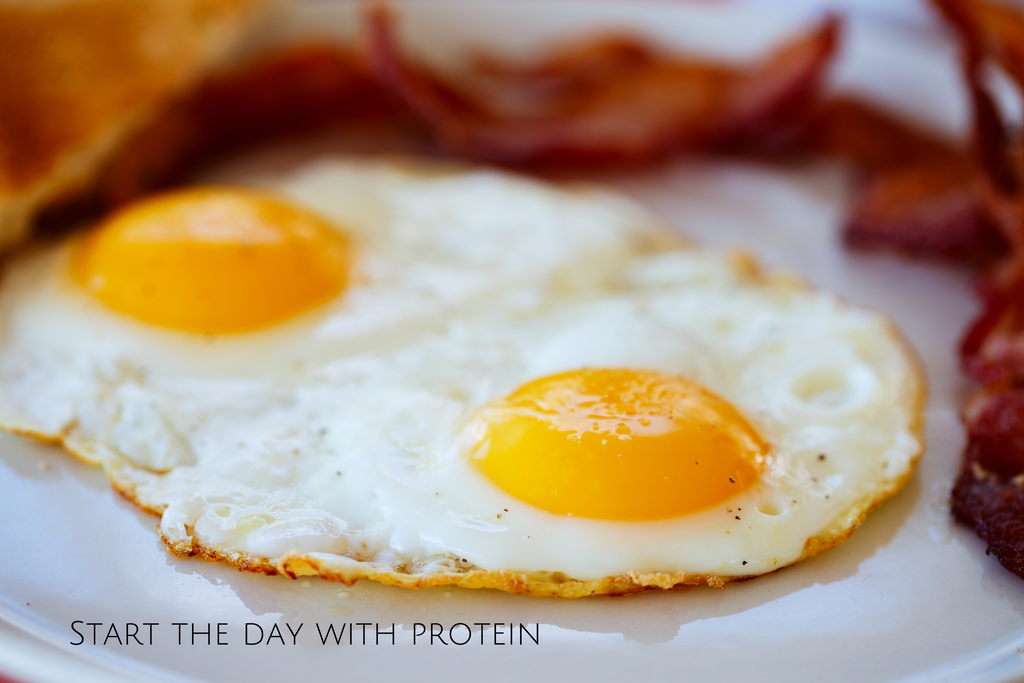
Pros and Cons of High-Protein Diet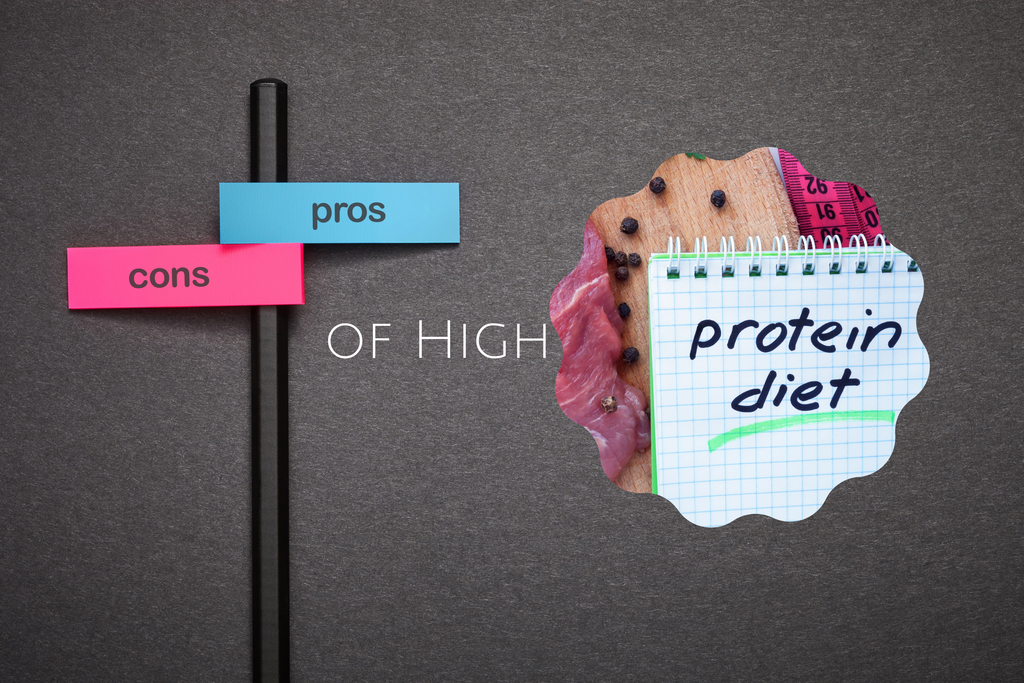
Like most diets, this diet also has its share of drawbacks and benefits as what might suit one person may or may not suit another.
Pros:
- Is more filling
- Improves your diet
- Burns more calories compared to other diets
- Builds and maintains muscle mass
- Burns calories more than fat at rest
Cons:
- The protein can turn to glucose in your body for energy use
- May be harmful to kidneys of some people
- Can lead to some nutrient deficiencies
- Can increases the risk of heart diseases
- Can result in lack of fibre leading to constipation
- Bad breath
- Risk of dehydration
- Harmful for people with diabetes as proteins can cause delayed blood sugar spikes.
Diets Similar to High-Protein Diet
Some of the varieties of high-protein diet are:
-
Whole30: the whole30 diet is a 30-day diet which helps in elimination of sugar, grains, alcohol, and dairy. Fruits, meat, and vegetables are consumed in this diet to reduce cravings and sugar addiction.
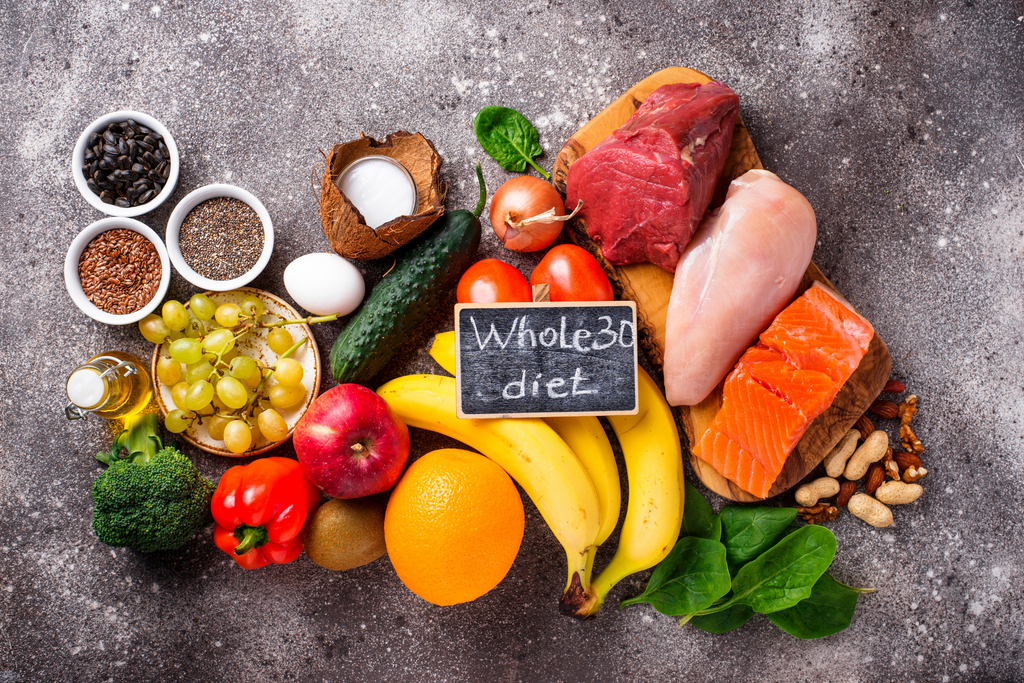
-
Atkins Diet: this diet is a high-protein, low-carb diet that helps in limiting the carbs to just 20 carbs per day in the beginning and then increasing to 100 grams and maintaining it.
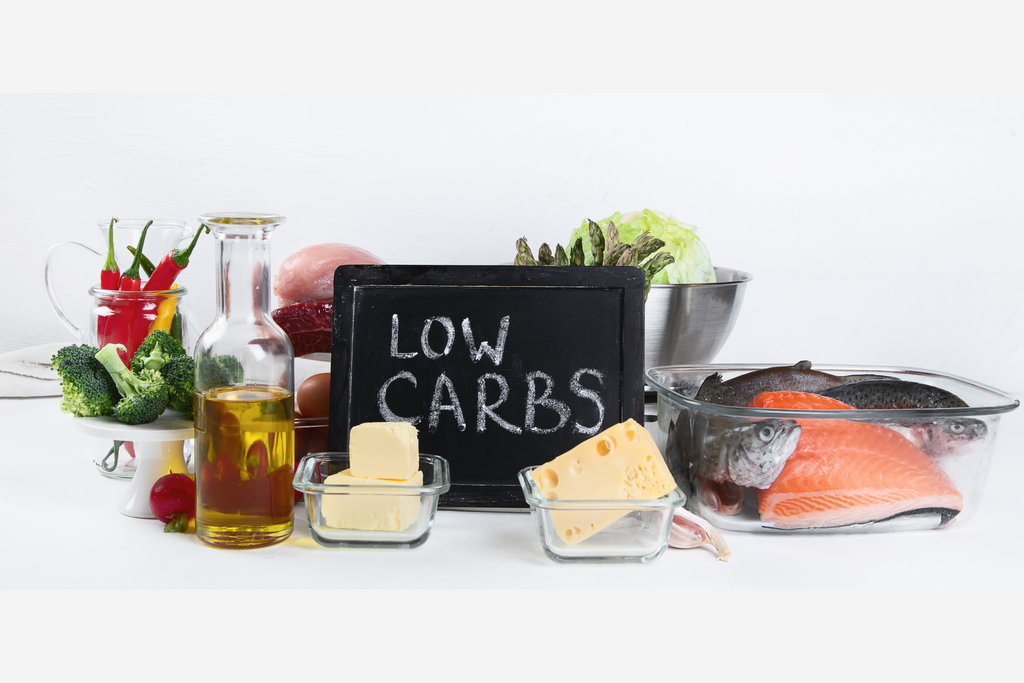
-
Dukan Diet: the Dukan diet is a low-fat, low-carbohydrate diet, and a high-protein diet. This diet mainly focuses on fat-free dairy products and lean proteins that boost satiety.
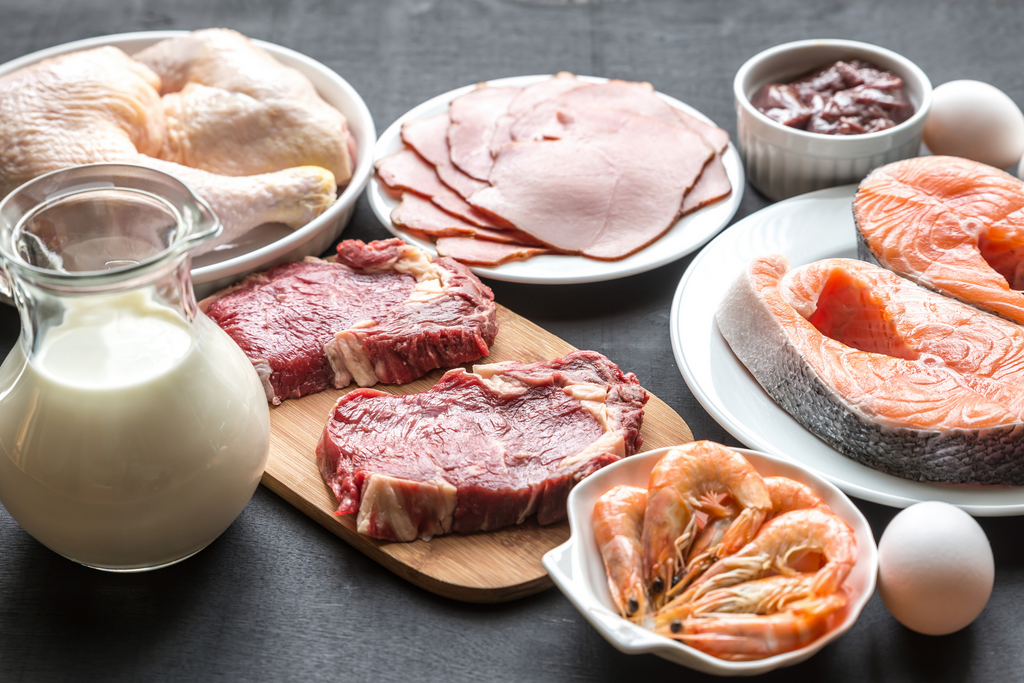
To conclude,
The most suitable and best diet for you is that diet you can stick to. For some people, a high-protein diet is a weight loss plan. If eating food that are rich in proteins helps you eat less all day and helps in building a healthy and active body, then a high-protein diet is the best program for you. But keep in mind that calories play a significant role in the process of weight loss. It is suggested that you keep track of your protein and total calories to lose more weight and keep the extra kilograms off for good. However, if you have any health conditions, always contact your doctor or physician and take their advice before you start a diet plan.
Recent Posts
-
Water Memory: The Quantum Perspective on Why Water is More Than H₂O
Water is everywhere—covering over 70% of the Earth’s surface, coursing through our bodies, and essen
-
What Are Biofilms and Why Are They So Hard to Get Rid Of?
Biofilms are fascinating yet challenging structures that have significant implications for health, i
-
The Science Behind Boswellia Extract: How It Works in the Body
Boswellia serrata, also known as frankincense, is a resin obtained from the Boswellia tree that has

